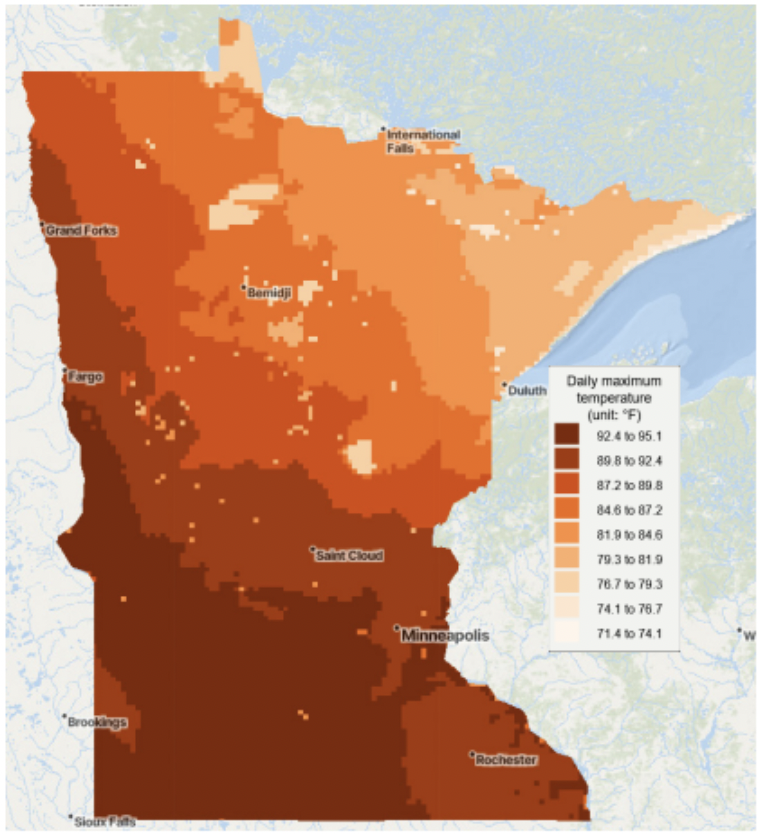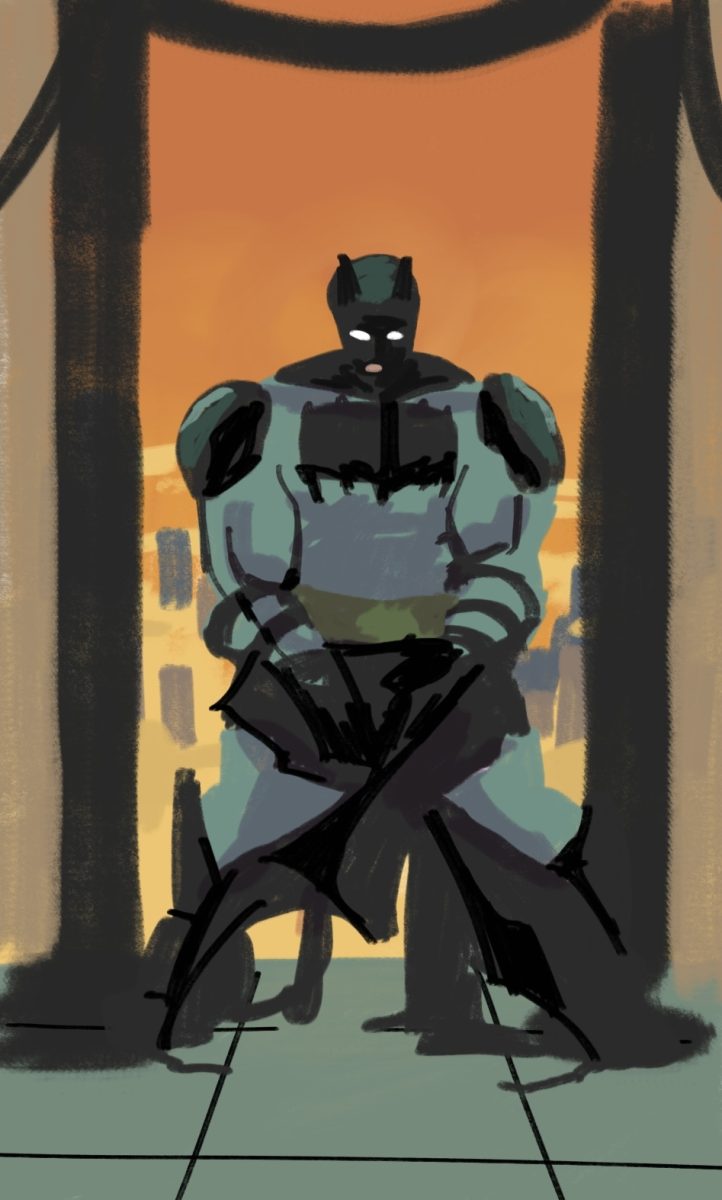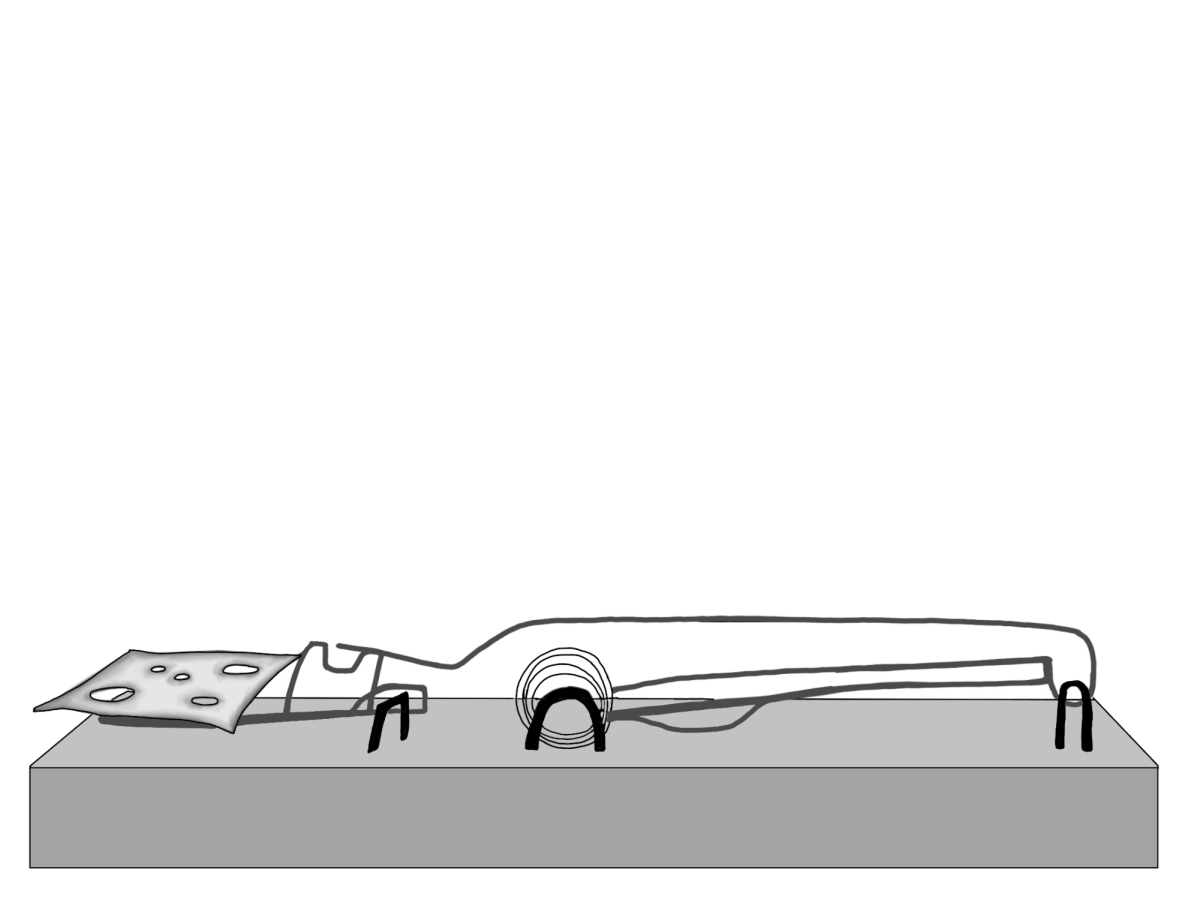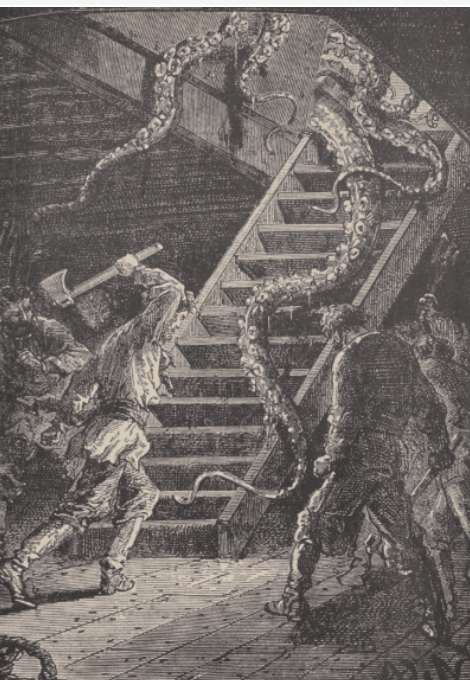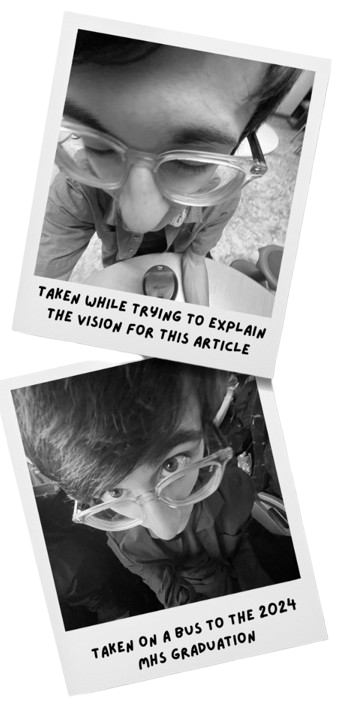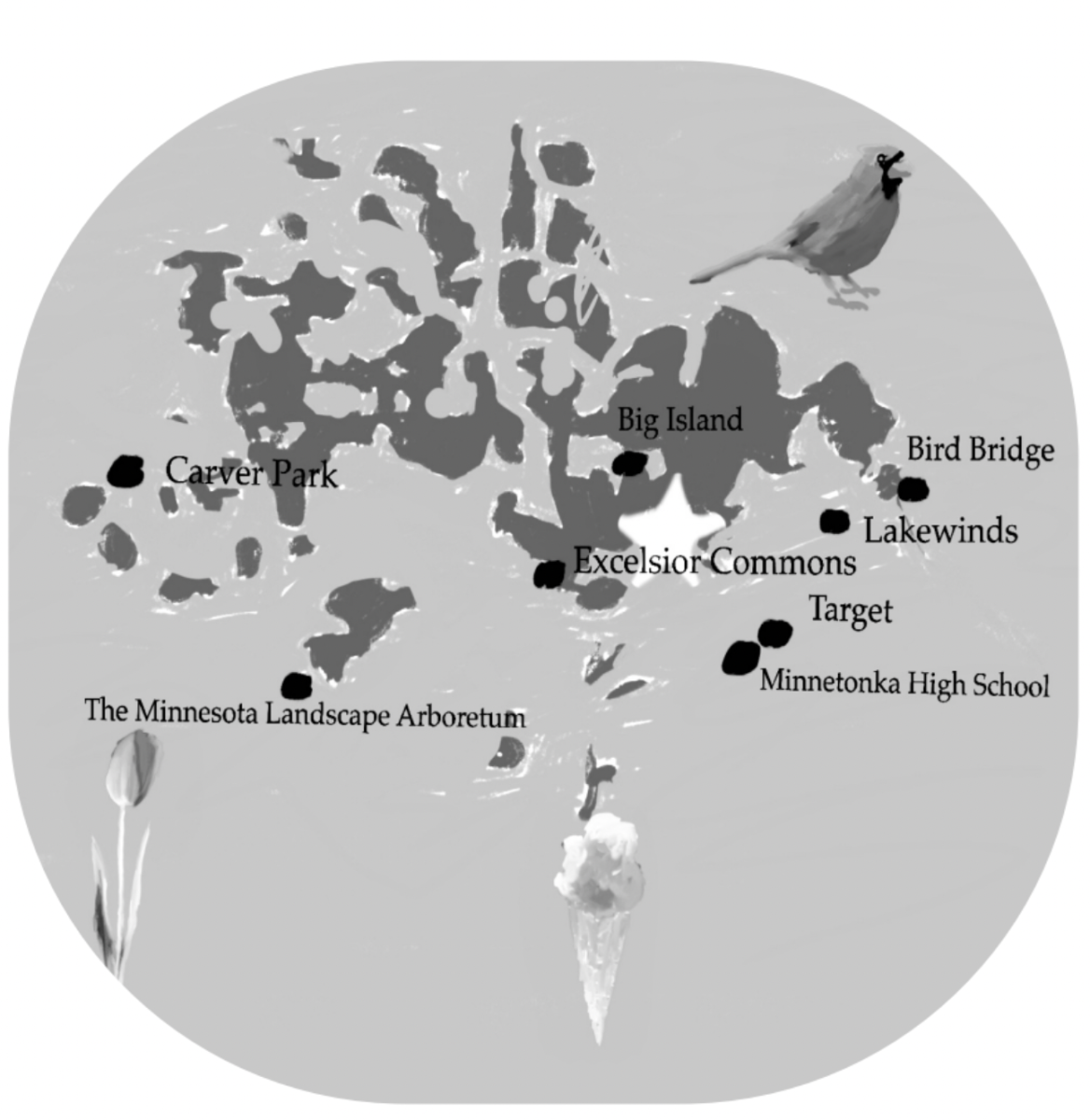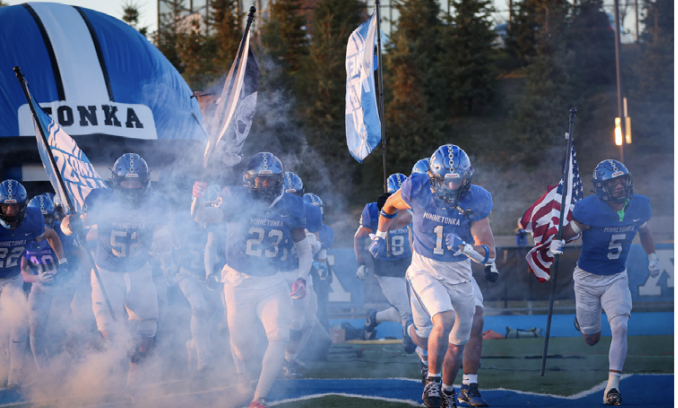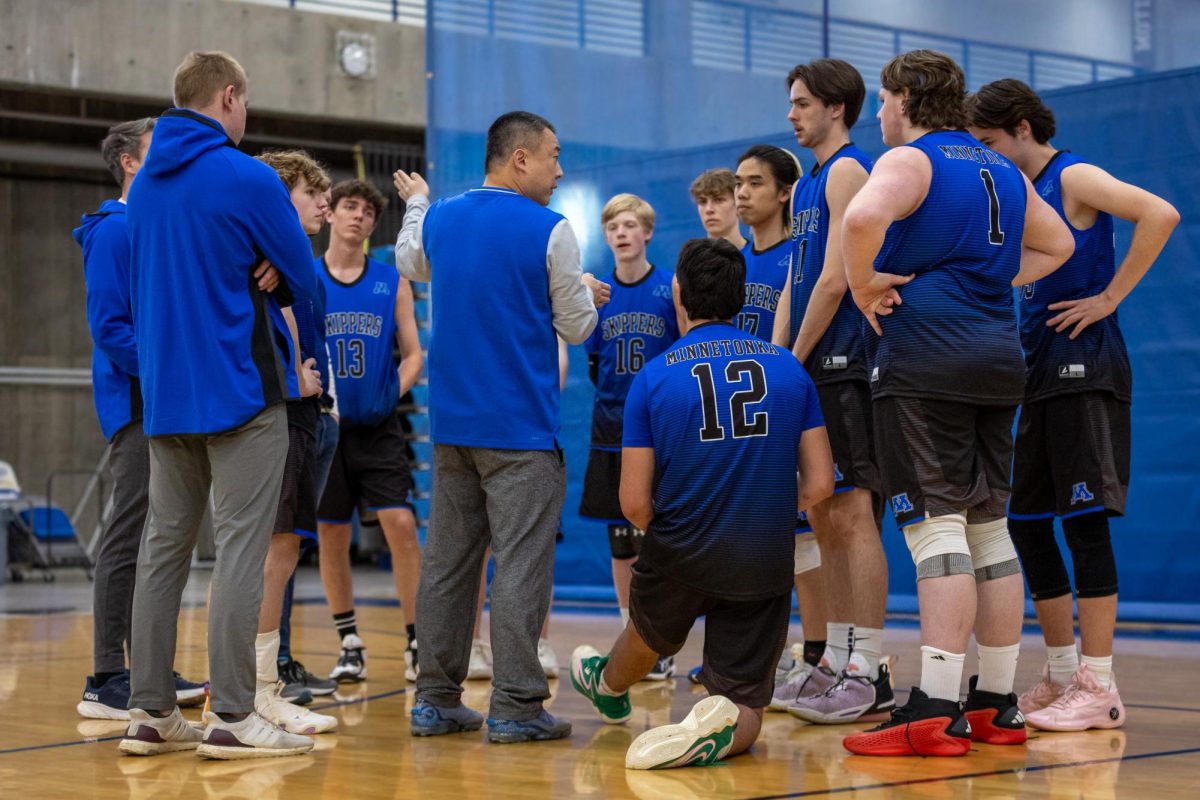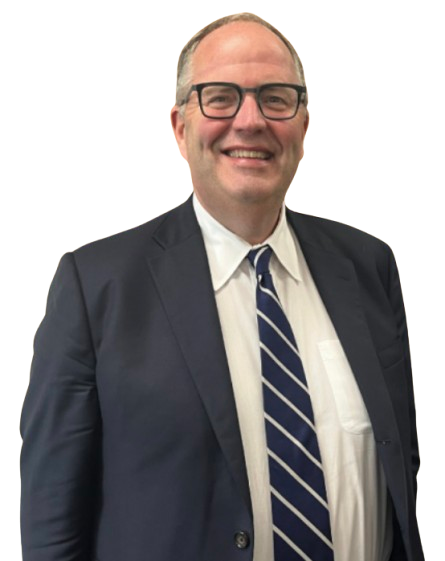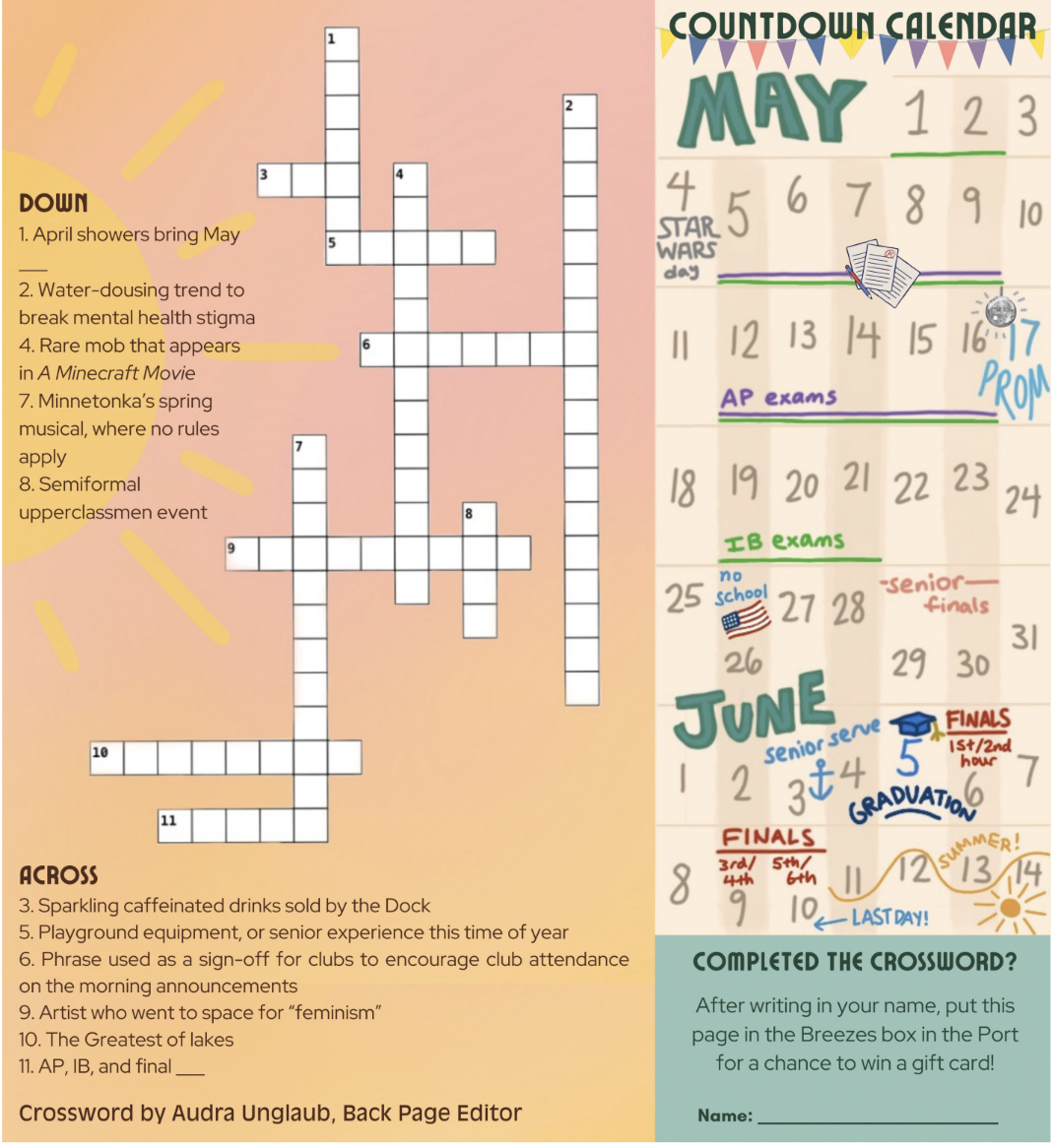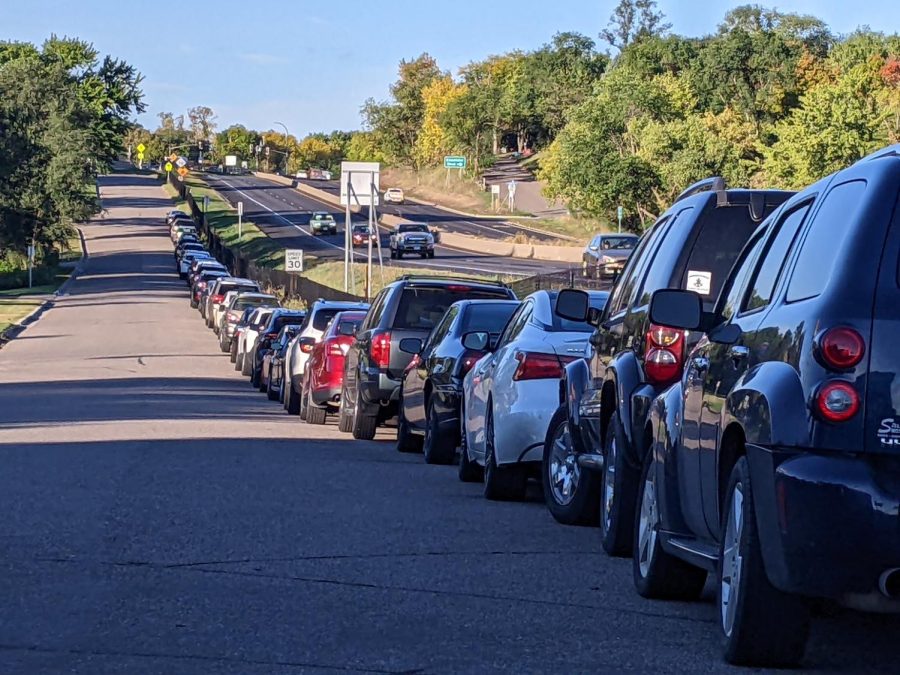Parking System Overlooks Open-Enrolled Students
September 30, 2022
The difficulty of accessing parking at Minnetonka needs no introduction – frequent denial of parking permit applications, steep costs, and long lines to park. These are issues that hundreds of students face each year, but are felt most acutely by the students who need quality parking most – those who live outside of the Minnetonka School District and open enroll at MHS.
Crystal resident Cam Beyah, ‘23, recalls driving to school after being denied a permit both sophomore and junior year: “The entire school year, pretty much, I parked in the parking lot ‘illegally.’” Beyah explains that junior year, “I [didn’t] have any other way to get to school. I can’t take the bus. I can’t carpool with anyone.” As for the frontage road, “I’m not getting up at 5:00 to get a parking spot on the street.”
Even for students who do manage to park on the frontage road, finding a spot is rough. Minneapolis resident Max Perdu, ‘23, explains that last year he “would park on the frontage road every day, but people start showing up earlier and earlier and before 7:00 all the spots are taken, and leaving home at 6:30 is not the vibe.”
While Perdu and Beyah both have permits as seniors now, they still share frustration with the district for failing to prioritize the students with the longest commutes. Open-enrolled students are no more likely to get individual parking permits than students within the district who can more easily ride the bus, and still pay the same $300 fee – a price that Beyah finds a “huge expense.”
According to Dean of Students Clinton Fenner, MHS depends on revenue from permits to cover “the high costs of maintaining asphalt, making sure that the lines are drawn correctly, signage, and also staffing.” Still, neighboring districts show how MHS could account for the differing needs of students, such as how, according to their respective websites, Wayzata offers discounted permits for PSEO students, while Hopkins’ permits are half-off for students on the free and reduced priced lunch program. Although MHS currently offers neither of these programs, says Dean Fenner, “MHS is open to considering options that make the parking process beneficial for all stakeholders.”
While Beyah and Perdu are drawn to slightly different strategies, both expressed that the school needs to be more equitable in providing transportation for open-enrolled students. This could take the form of Hopkins’ system of subsidizing permits for lower-income students, or in better advertising an existing program where open-enrolled students can drive to an existing bus stop at the edge of the district and take the bus the rest of the way to school without having to pay for parking. As of now, Minnetonka is not actively considering any changes to the parking system, but as Dean Fenner says “whenever we can meet the needs of our students, that’s what we really strive to do here.”






